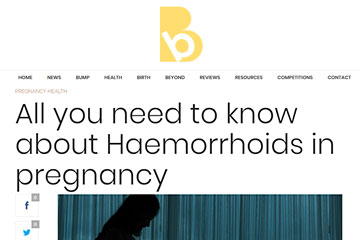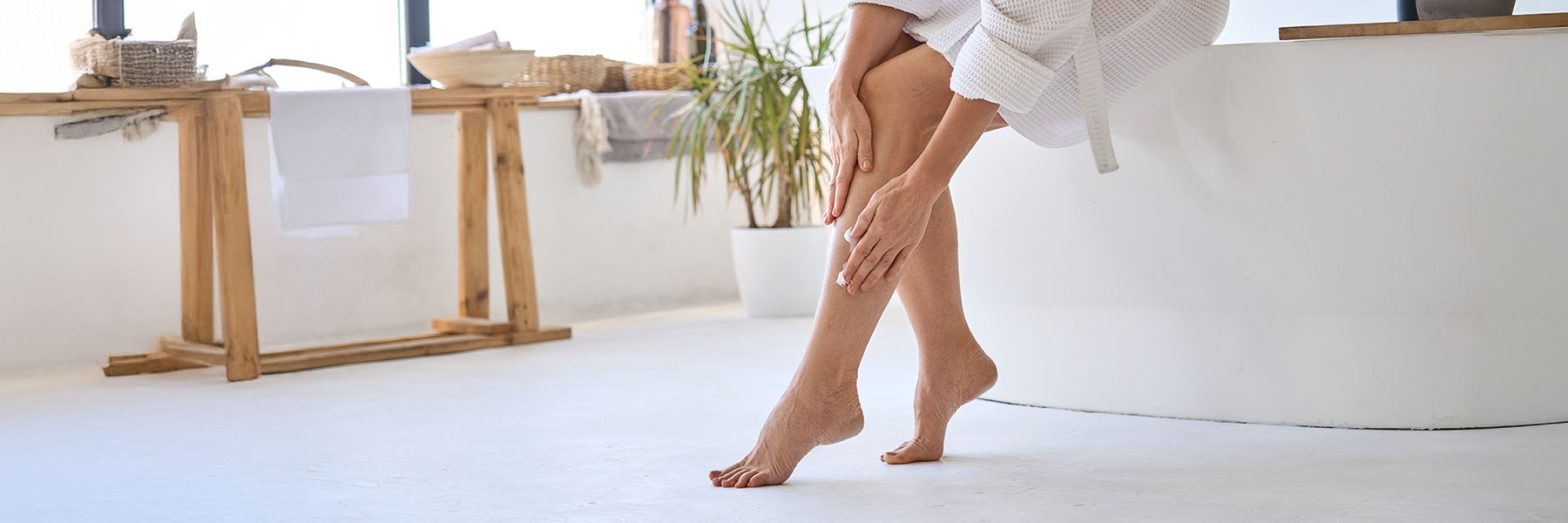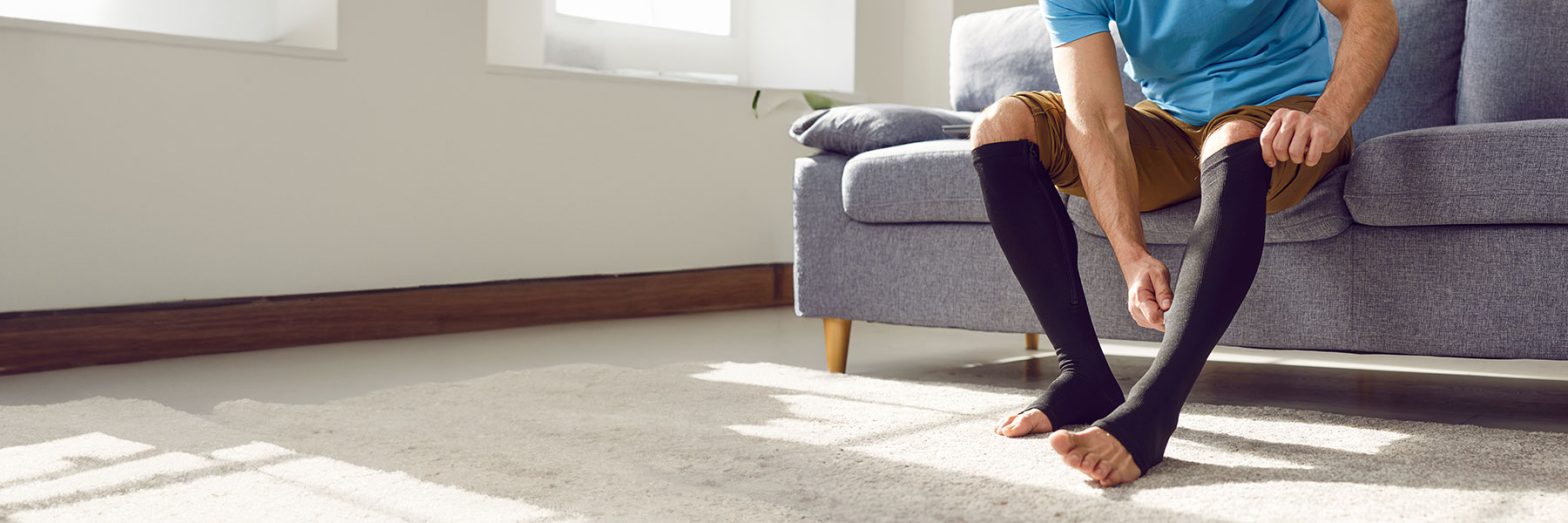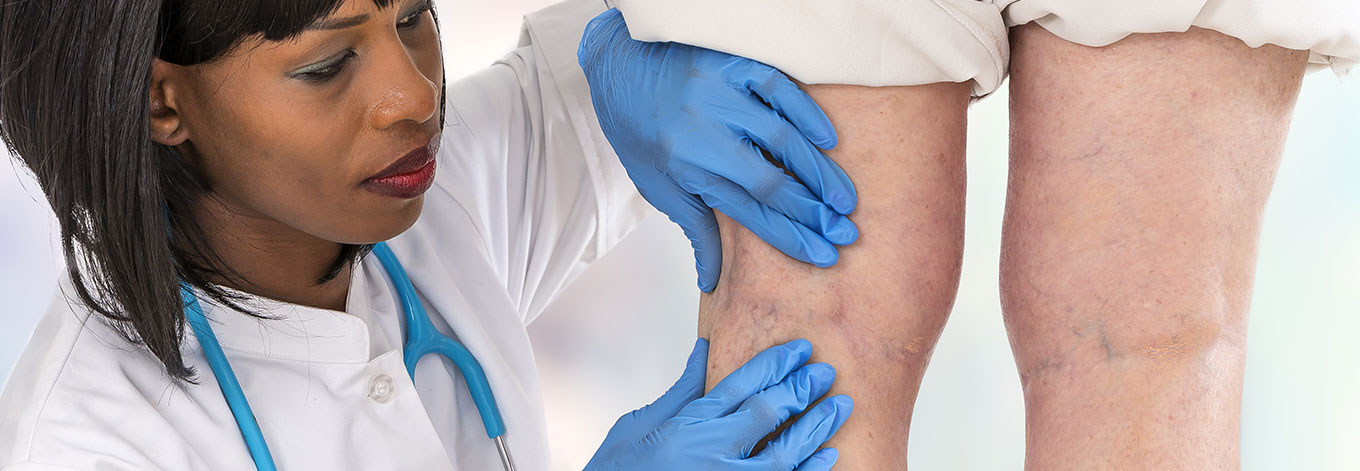
All you need to know about Haemorrhoids in pregnancy
VEINS
BBaby Magazine
It’s something many people don’t talk about but can happen during pregnancy. Mr Nick West, Consultant Colorectal Surgeon at The Private Clinic of Harley Street tells you all you need to know about Haemorrhoids in pregnancy.
Why do some women get haemorrhoids during pregnancy?
“Haemorrhoids are caused from dilated blood vessels due to increased pressure on the pelvis. There are many different factors that can cause this increased pressure; these include being overweight, going to the loo too much or too little, lots of heavy lifting, as well as being pregnant.
“You may tend to develop haemorrhoids around 25 weeks into your pregnancy. This is because the veins below the uterus are more likely to become swollen and stretched as the weight of the growing baby puts increased pressure on them. When you are pregnant, you are also more susceptible to constipation and the straining on the toilet that comes with this can aggravate, or even cause, haemorrhoids. The extra straining puts increased pressure on the veins in your rectal area, causing them to swell and bulge.
“It is also possible for haemorrhoids to develop postpartum (after the birth) due to the pushing that takes place during labour.”
Why do I have haemorrhoids, when my pregnant friend hasn’t got any?
“If you have suffered from haemorrhoids in the past, then you are much more likely to suffer from them again when you are pregnant. You can, however, reduce your susceptibility by taking various preventative measures.
“These include Kegal exercises that help strengthen the muscles around the vagina, urethra and anus, avoiding sitting or standing for long periods of time and keeping as active as possible. A regular walking regime will help keep your bowels moving normally.”
How do I know how to spot Haemorrhoids if they are not protruding?
“Haemorrhoids can be uncomfortable and sometimes painful if complicated by strangulation for example, so even if they aren’t yet protruding you are likely to know that something isn’t right. The most common symptoms are lumps around the anus (they may not need to protrude from inside), itching, irritation, aching or discomfort and bleeding.”
Why should I take this seriously?
“Haemorrhoids may go away on their own but they may persist or become worse over time but bleeding and or pain may be due to other conditions that may need more urgent treatment, so if symptoms persist, it is better to get checked by your doctor or a specialist colorectal surgeon.”
What can I do to treat them?
“Haemorrhoids are a significant concern for millions of people in the UK and one that is thought to affect approximately 50% of the population at some point in their lives. Despite this, it’s a condition that goes not just largely undiscussed, due to the embarrassment that many people feel when it comes to talking about it, but also largely untreated.
“In some cases, haemorrhoids will often settle down after childbirth as the pressure on the pelvis reduced; however, this isn’t always the case.
“There are many non-surgical methods that can help to ease and prevent further haemorrhoids forming. These include:
- Staying hydrated and drinking lots of water
- Increasing the amount of fibre in your diet e.g. wholegrain bread, cereal, fruit and vegetables
- Avoiding constipation
- Avoiding straining or spending too long on the toilet
- Using baby wipes or moist toilet paper rather than dry paper
- Patting instead of rubbing with toilet paper
- Over-the-counter treatments and pain killers
“If the above do little to help to improve your symptoms, then it is probably time to seek help from a specialist.
“One treatment option that could be available to you is the Rafaelo procedure. This is a treatment that offers a long-term solution to haemorrhoids without the pain, discomfort and lengthy recovery time that often comes with traditional haemorrhoid treatments. The haemorrhoids are treated using radiofrequency and the procedure can be performed under local anaesthetic, if appropriate to do so, and can take as little as 15 minutes. You can find out more information on this treatment method, here.”
Will haemorrhoids be a problem all my life, or if I have them treated now will that sort it out?
“Whilst it is unlikely, it is possible that haemorrhoids can reoccur even after they have been treated successfully. As a result, the treatment of haemorrhoids also involves prevention strategies following the procedure and it is important you make the necessary lifestyle adjustments to reduce the risk of them returning. This includes staying active, not straining on the toilet, avoiding lots of heavy lifting and looking after your bowel.”








